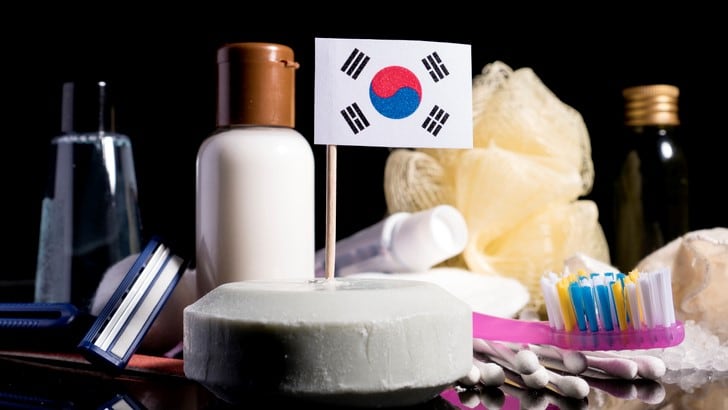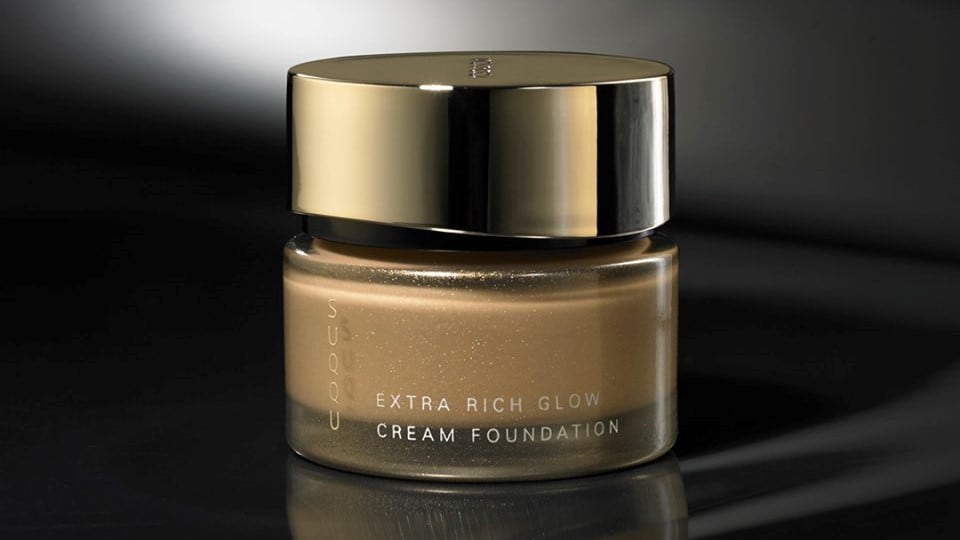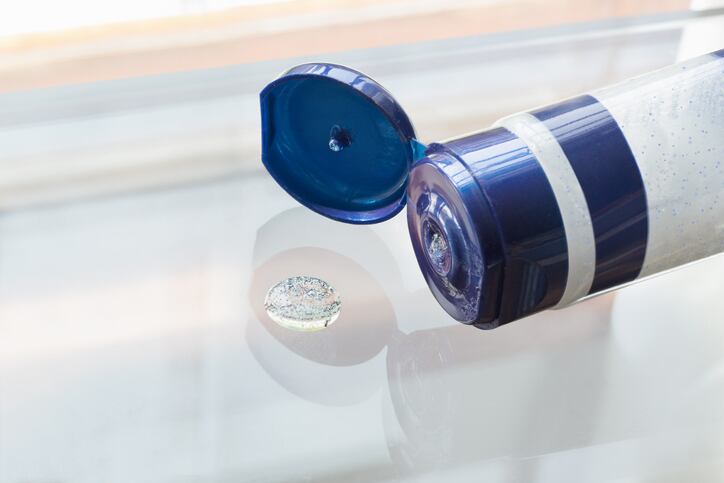1 – Production boost: Kolmar acquires new factory to ramp-up sheet mask output
Korea’s Kolmask, the sheet mask manufacturing unit of Kolmar Korea Holdings, has acquired Jayjun Cosmetic’s plant in Incheon to boost its sheet mask production output.
The facility, which was acquired for KRW32bn ($26.3m), has a total floor area of 14,231 square metres and the capacity to produce 250 million sheet masks annually. According to the Korea Economic Daily, this makes it the largest sheet mask factory in Korea.
This investment will increase Kolmask’s production to 400 million units annually. The firm said this acquisition is key to becoming the leading sheet mask manufacture in the world within the next five years.
2 – LG Electronics launches LG Pra.L in SEA as interest in beauty tech rises
LG Electronics has unveiled its beauty device brand in Singapore on the back of rising consumer interest in South East Asia.
The LG Pra.L range was first launched in Korea in the second half of 2017. The company then introduced the line to China and Hong Kong, markets with “affinity for Korean beauty”.
“Our strategy for China and Hong Kong proved to be correct, as we can see it is becoming a key K-beauty item, less than one year after being introduced on these new markets,” said Jin-Kook Kang, head of CAV overseas sales, LG Electronics.
3 – Untapped potential: Why vast opportunities abound for K-beauty brands in US skin care market
New research shows that 47% of US beauty consumers have yet to tried K-beauty skin care products, opening plenty of opportunities for South Korean brands to capitalise on.
In June 2019, US-based firm The Benchmarking Company conducted a quantitative primary research study with more than 5,700 US female beauty consumers.
Denise Herich, co-founder and managing partner of The Benchmarking Company, said the research revealed that US beauty consumers are curious about K-beauty.
“She wants to learn more about facial peels, brightening treatments, devices, sleeping masks and lip treatments. These are products that are not popular but have strong interest. This is where the opportunity is for Korean brands.”
For instance, she elaborated, only 15% of beauty consumers are using sleeping masks in the US but 72% reported an interest in trying the product.
4 – New beauty X-periences: Singapore start-up launches online platform for cult Asian brands
Newly launched online beauty retailer, Asian Beauty X, is aspiring to become a leading authority in cult Asian beauty and cosmetic products in South East Asia.
The Singapore-based e-commerce beauty platform curates cosmetics products from around Asia. Asian Beauty X currently carries four cult Korean beauty brands including Lagom and Thank You Farmer.
CEO and co-founder Justin Lee told CosmeticsDesign-Asia that the company was very selective about the brands they were considering on representing.
“We are not looking for brands that push products out too quickly. Those that are more measured in their approach and don't just jump on the bandwagon give you the best results at the end of the day. We expect to see these brands around for the long-term.”
Lee said the company was also on a lookout for Halal K-beauty brands to offer the large Muslim population in SEA.
5 – South Korean hair care: Natural ingredients and innovation driving sector growth
The South Korean haircare market is continuing to see dynamic growth underpinned by the natural trend and the South Korean consumer’s willingness to experiment with new innovations.
According to GlobalData research, the South Korean hair care market, not including the professional sector, is expected to grow at a rate of 2.3% from 2017 to 2022.
Like in other sectors, the natural and organic trend continues to remain an overarching trend, said Sumit Chopra, director of research and analysis.
Speaking at in-cosmetics Korea this year, he added that the trend continued to persist because of the focus on healthcare and the perception that natural and organic products have health benefits.
“Our consumer survey showed that slightly more than 50% reported that health is a key issue when it comes to purchasing for cosmetics and toiletries. So natural and organic products will continue to be something consumers feel connected to.”





